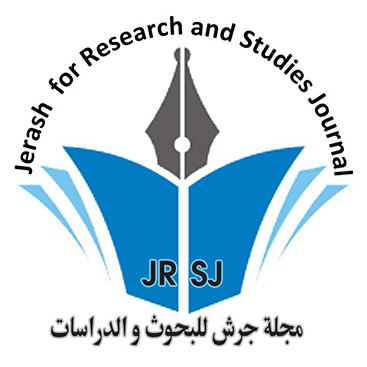Jerash for Research and Studies Journal مجلة جرش للبحوث والدراسات

Abstract
Homegrown terrorism, or domestic terrorism, has been on the rise in correlation with the number of refugee and migrant populations within Europe. Not only has radical Islamist terrorism become prevalent, but alongside this trend, Europeans find that far-right extremism is a mirrored manifestation of extremist Islamist ideology. While Europe fails to properly address the root causes of this crisis, European states propel further into individual identity crises that fester into extremism. Prejudice, divisive policies, and sectarianism leave societies to find legitimacy elsewhere as the harmonic order and social contract within society fails, and people revert to smaller factions as they cannot reap the benefits of a functioning social contract. This article utilizes Jean-Jacque Rosseau’s social contract theory to analyze how a society that does not sufficiently adapt to multiculturalism and diversity, leads to extremist pockets in the long run. The analysis conducted draws upon statistical data from the European Commission’s research on extremism within the Union, as well as scholarly research on identity theory and terrorism
Recommended Citation
Hazimeh, Wisam; Prius, Wendy; and Al-Khraisha, Mohammed
(2021)
"The Failure of Europe’s Social Contract and its Impact on the Rise of the Right Wing: Germany and UK Case Study,"
Jerash for Research and Studies Journal مجلة جرش للبحوث والدراسات: Vol. 22:
Iss.
1, Article 23.
Available at:
https://digitalcommons.aaru.edu.jo/jpu/vol22/iss1/23
Included in
Arts and Humanities Commons, Curriculum and Social Inquiry Commons, Social and Behavioral Sciences Commons

